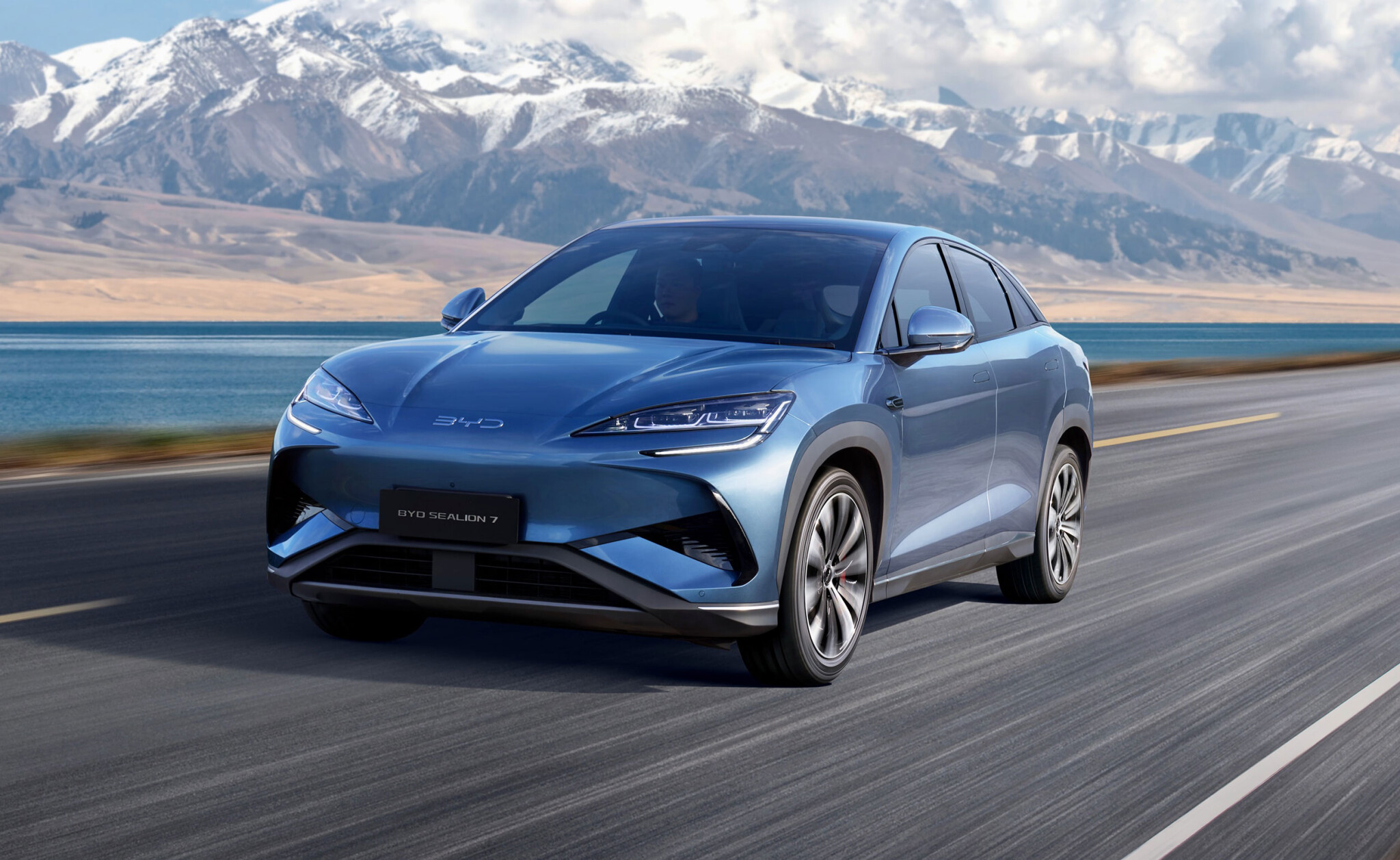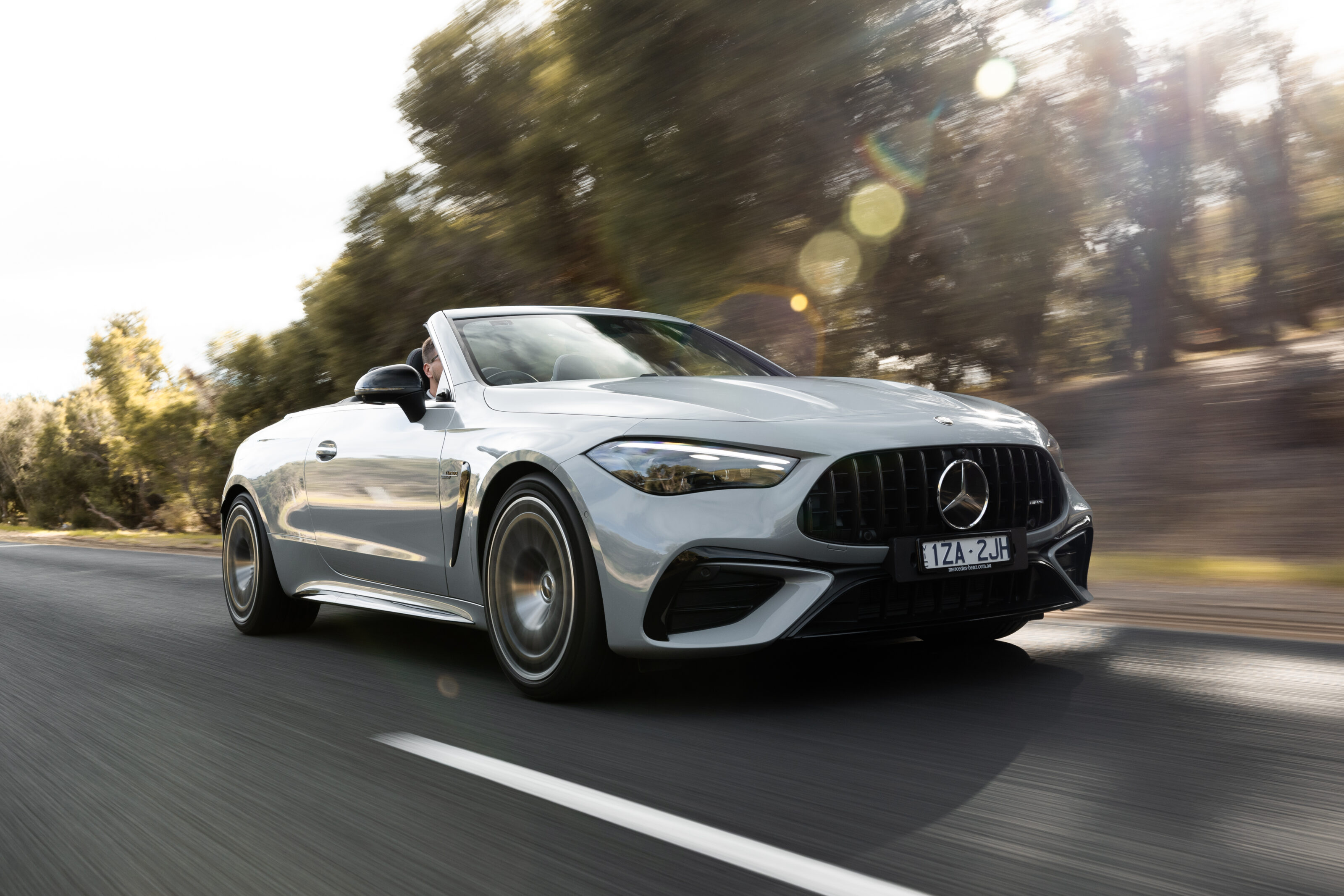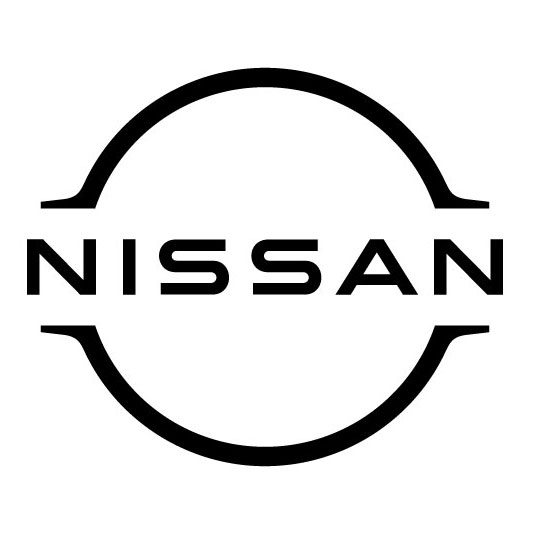
Snapshot
- Australian Pathfinders built at Smyrna plant
- Model not likely to be affected here as not coming until 2022
- US shutdown from August 16-29
A Covid-19 outbreak at a semi-conductor chip factory in Malaysia has forced Nissan to temporarily halt production at its assembly plant in Tennessee, USA.
The brand’s US arm has confirmed the plant will shutter vehicle manufacturing at the facility from August 16 to August 29 inclusive, with a scheduled resumption on August 30, Automotive News reports.
The Smyrna, Tennessee factory – home to approximately 6700 employees – produces the Nissan Maxima, Pathfinder, Leaf, Rogue, Murano and the Infiniti QX60.

While these models remain largely exclusive to the North American market, examples of the Australia-bound Nissan Pathfinder are produced at the Smyrna plant.
However, with the large SUV currently on hiatus as the brand awaits the launch of a new-generation model at some point during 2022, the shutdown won’t have any impact on the local Nissan range.
“Nissan will further adjust its North American production schedules in August due to a Malaysia-based supplier that has shut down because of an outbreak of new Covid-19 cases,” a US spokesperson for the carmaker said.
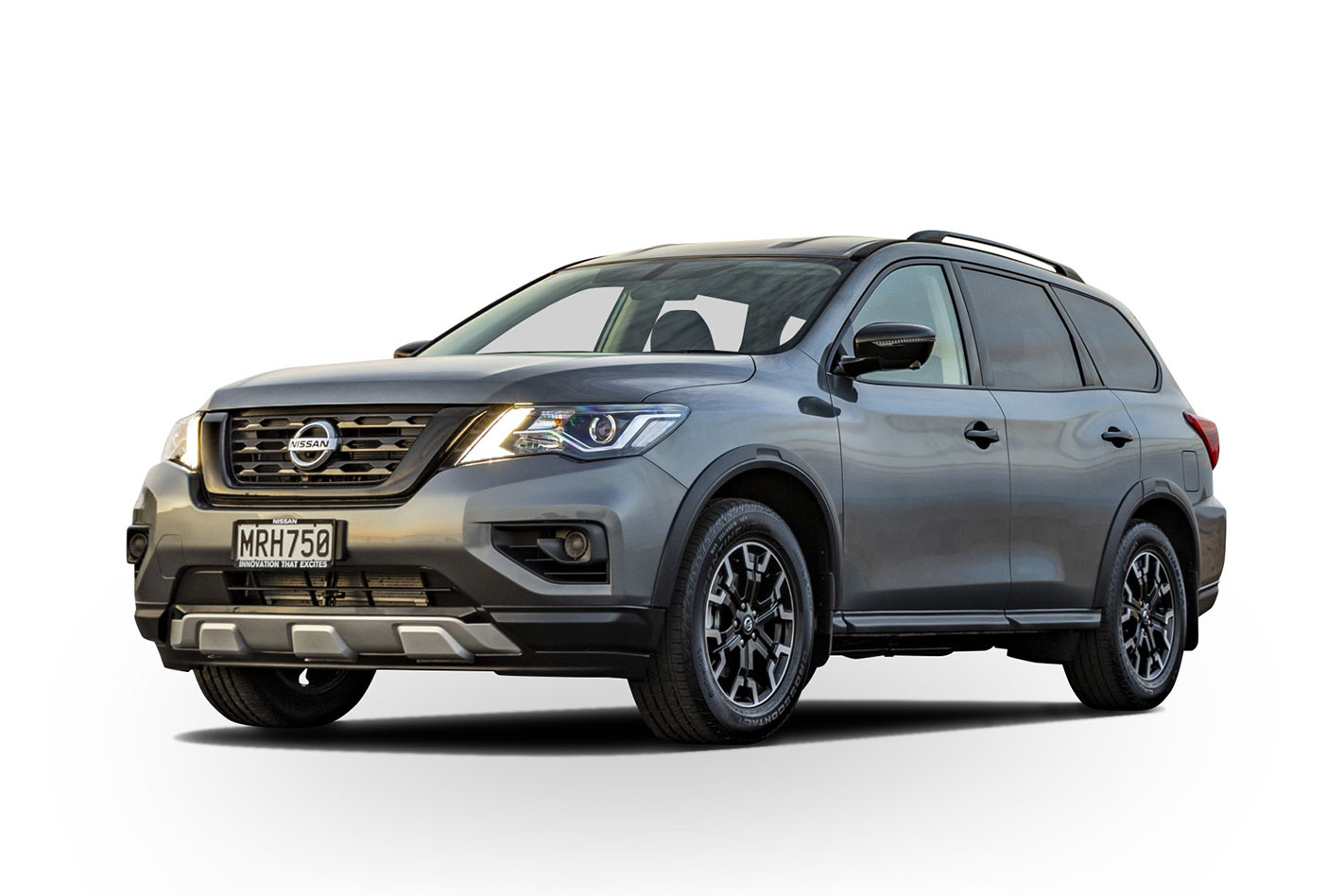
“All production lines at our Smyrna, Tennessee facility will be down the weeks of August 16 and August 23, with production expected to resume the week of August 30. We continue to work closely with our supplier partners to assess the impact of supply chain issues and minimize [sic] disruption for vehicle deliveries to our dealers and customers.”
The news adds to the widespread semi-conductor chip shortages facing the automotive industry, an issue which is expected to continue through the end of the year and into the New Year.
In recent days, the semi-conductor chip shortage also hit General Motors, with the company announcing it will temporarily stop production at three of its full-size pick-up truck production facilities in North America.
As WhichCar recently revealed, the chip shortage – fuelled by Covid-19 slowdowns and subsequent demand for consumer electronics in response to the pandemic – has seen significant delays or specification changes for a vast majority of manufacturers in Australia, with some consumers reportedly forced to wait months to pick up their new car.
We recommend
-
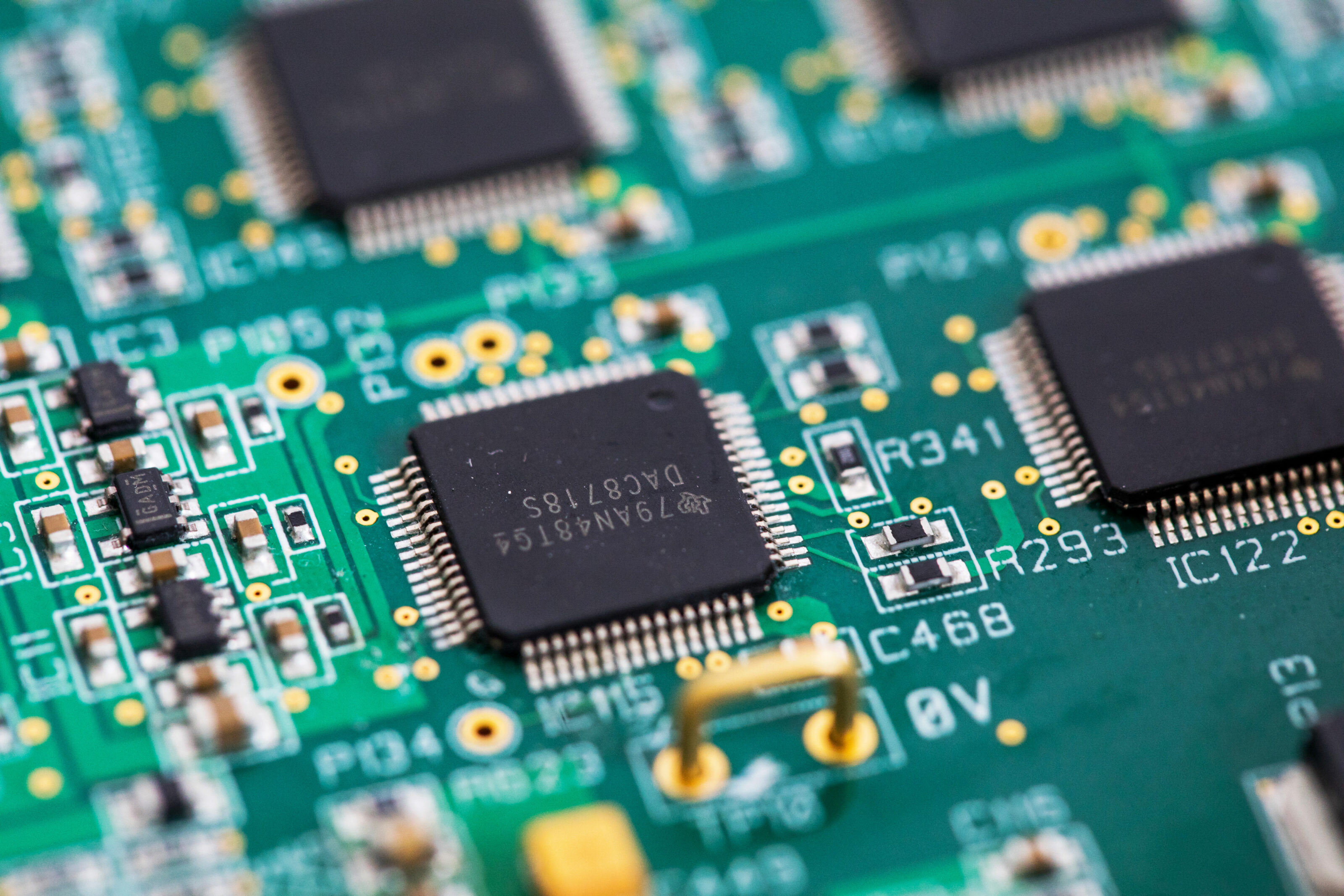 News
NewsWho's got what: How the semi-conductor shortage is affecting Australia
It has been a known issue for many months now, but which models are affected and which aren't? We've got the latest information for you here
-
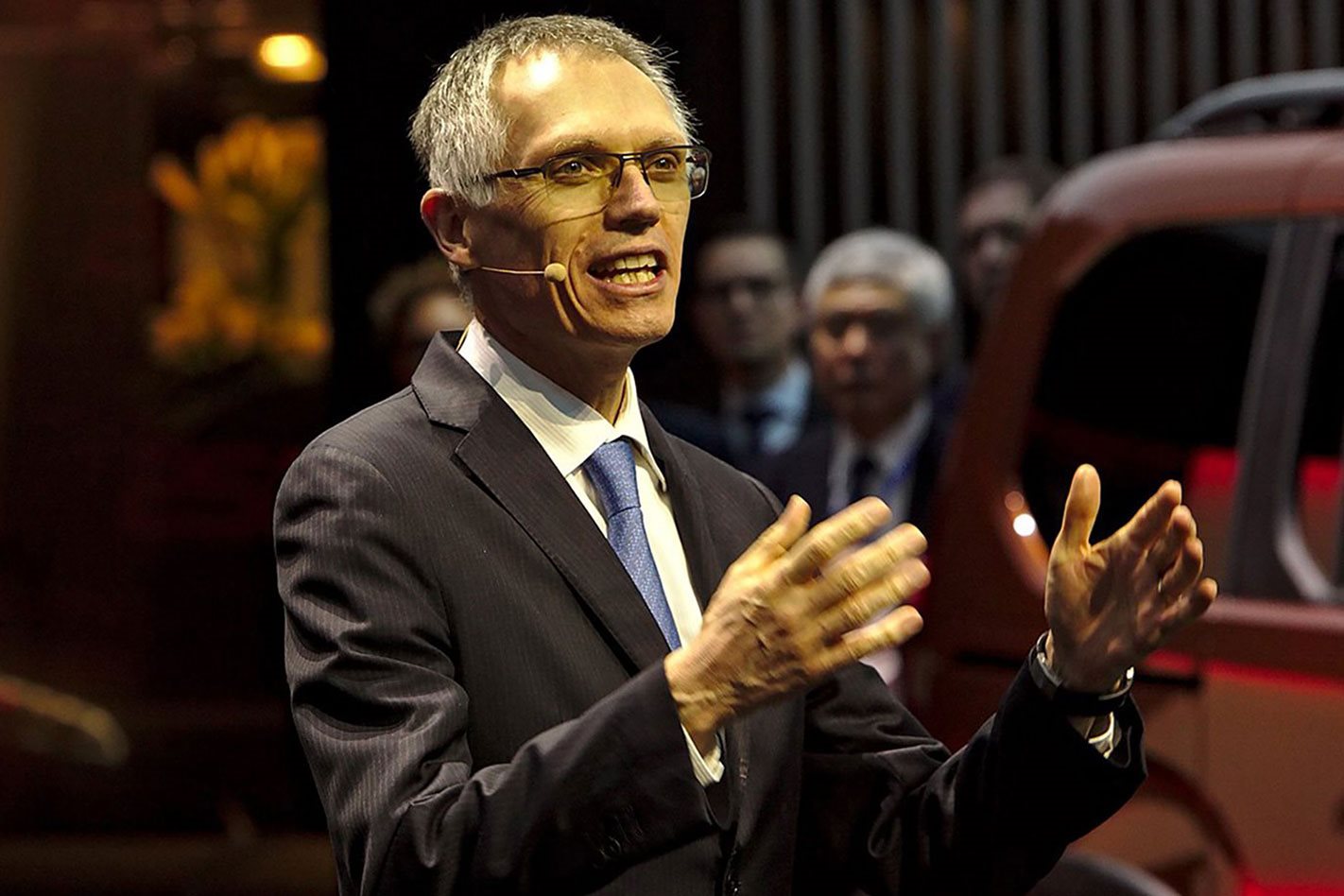 News
NewsStellantis boss believes semi-conductor shortage will continue into 2022
The worldwide chip supply issue is projected to drag on into next year
-
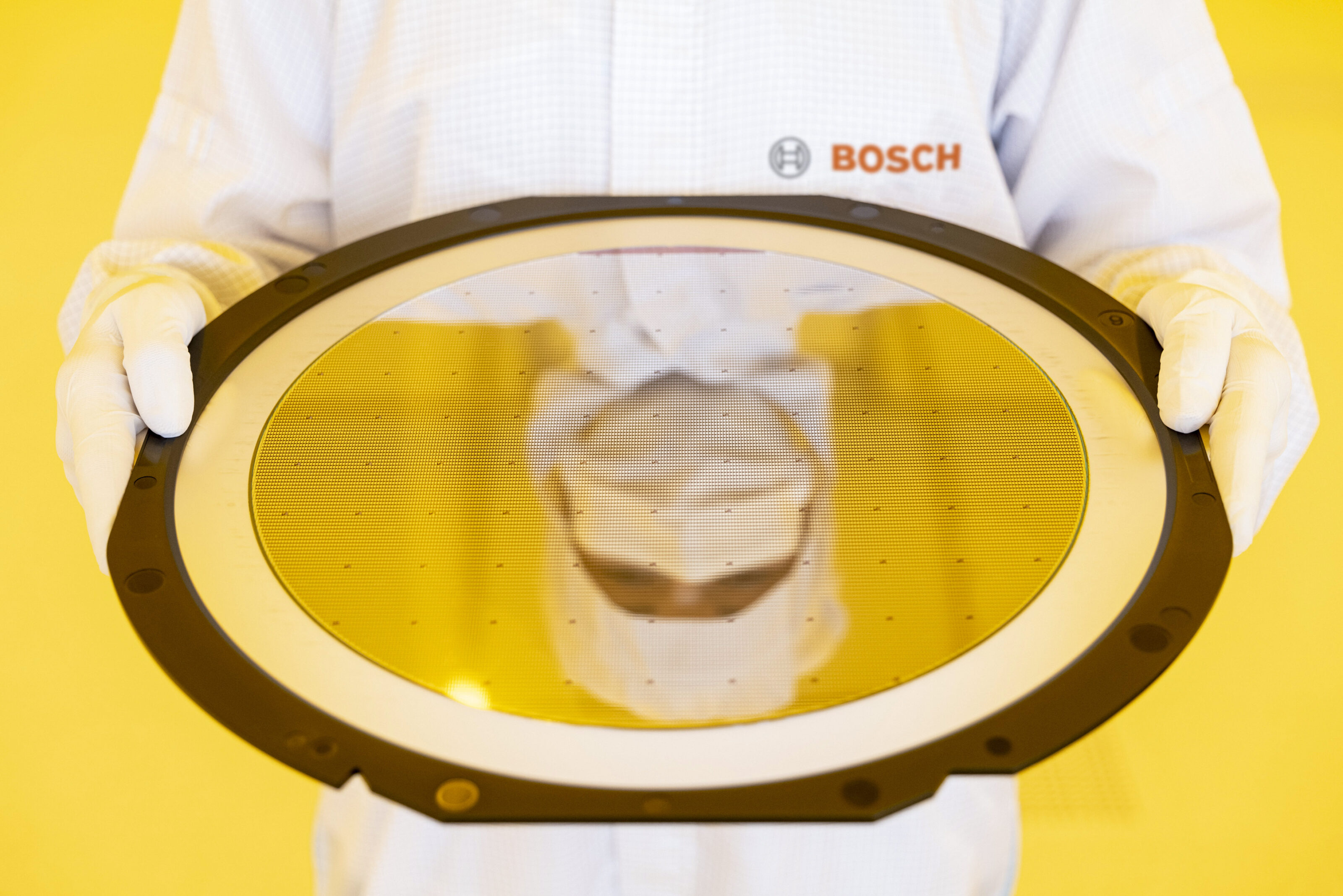 News
NewsBosch set to open new semi-conductor factory
German technology giant will start manufacturing in July with automotive production beginning in September


